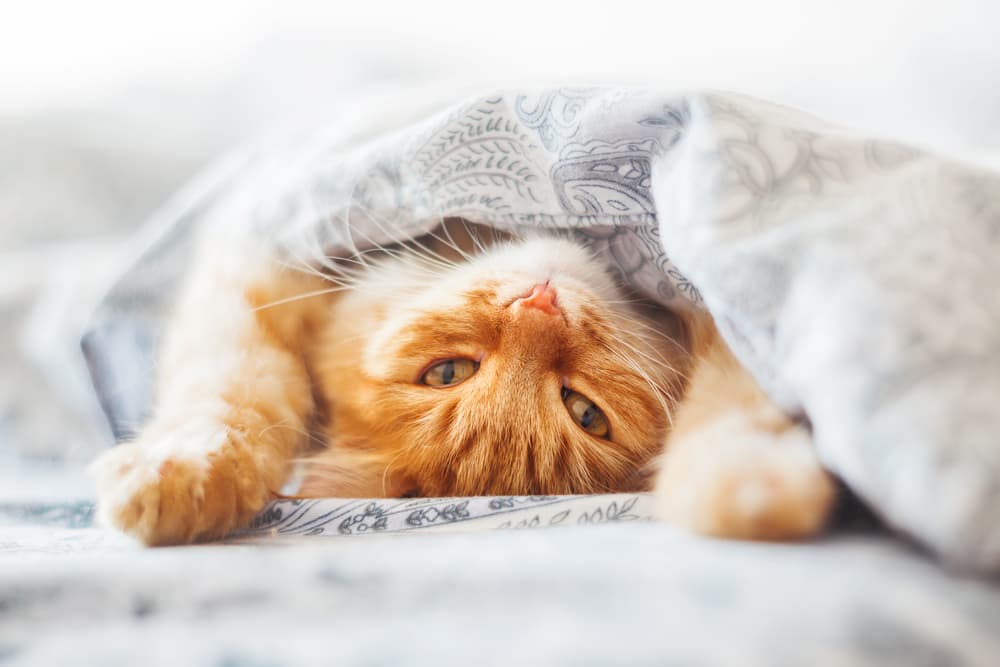Melatonin for Cats

When jet lag or other sleep issues hit humans, melatonin is a common aid to help us get the rest we crave. Pet parents who are fans of melatonin products may be left wondering: is melatonin safe for cats?
“First, it’s important to note that melatonin is a hormone normally produced by your cat herself, so she already has some melatonin on board,” says Dr. Debra Eldredge, author of Cat Owner’s Home Veterinary Handbook. “Giving supplemental melatonin to help with sleep problems or aid in anxiety situations is currently more common for dogs than cats, but it can help with your cat, too.”
Before purchasing melatonin for cats, here’s what you need to know.
Is Melatonin Safe for Cats?
Melatonin is a safe supplement to use on your cat, says Dr. Eldredge, but she cautions that it’s always best to use products specifically recommended by your veterinarian. She also recommends melatonin products that have been produced with good manufacturing practices and verified dosages.
While some human melatonin products may be acceptable and safe for cats, says Dr. Eldridge, it’s important to verify the list of ingredients with your veterinarian. “Xylitol, for example, can be deadly for dogs, and although it’s much less of a problem for cats, it’s best to avoid it anyway,” she adds.
You’ll also want to check with your veterinarian to verify that cat melatonin products are safe for your cat to use in conjunction with any other medications or supplements they may already be using, especially anti-anxiety prescription medications.
Dr. Eldridge also says that pregnant or lactating cats and very young kittens should not be given melatonin.
Types of Melatonin for Cats

Like human products, there are a variety of different forms of melatonin for cats. The product that works best for your pet will depend on their personality and specific needs – although many cat owners find liquid easier to give than pills. Some examples include:
- Liquid
- Pills
- Capsules
Benefits of Melatonin for Cats
Although more research is needed regarding melatonin usage in cats, Dr. Eldridge most commonly sees pet parents interested in using the hormone to aid with anxiety and stress. For example, “this might be a short-term fix for a stressful situation like a move, or more long-term for a senior cat who tends to wander and vocalize at night,” she says.
Cats suffering from alopecia or hair loss due to stress grooming may also benefit from melatonin dosing, she says.
Side Effects of Melatonin for Cats

Like any supplement, there are things to be on the lookout for in terms of changes that might impact your cat after taking melatonin. For example, “some cats will show a reverse effect from melatonin,” says Dr. Eldridge. “These cats will become restless instead of restful after a dose.”
In humans, there are some concerns about the effects of melatonin on blood pressure. Because of this, “feline patients with diabetes, on anti-coagulant therapy or with any autoimmune disorders should avoid melatonin,” says Dr. Eldridge.
Additionally, corticosteroids may interact with melatonin.
Melatonin Dosage for Cats
The recommended dose of melatonin for your cat will be based on weight, says Dr. Eldridge. Consult with your veterinarian for a safe and effective dose for your cat and follow all dosing guidelines and instructions on product labels.









